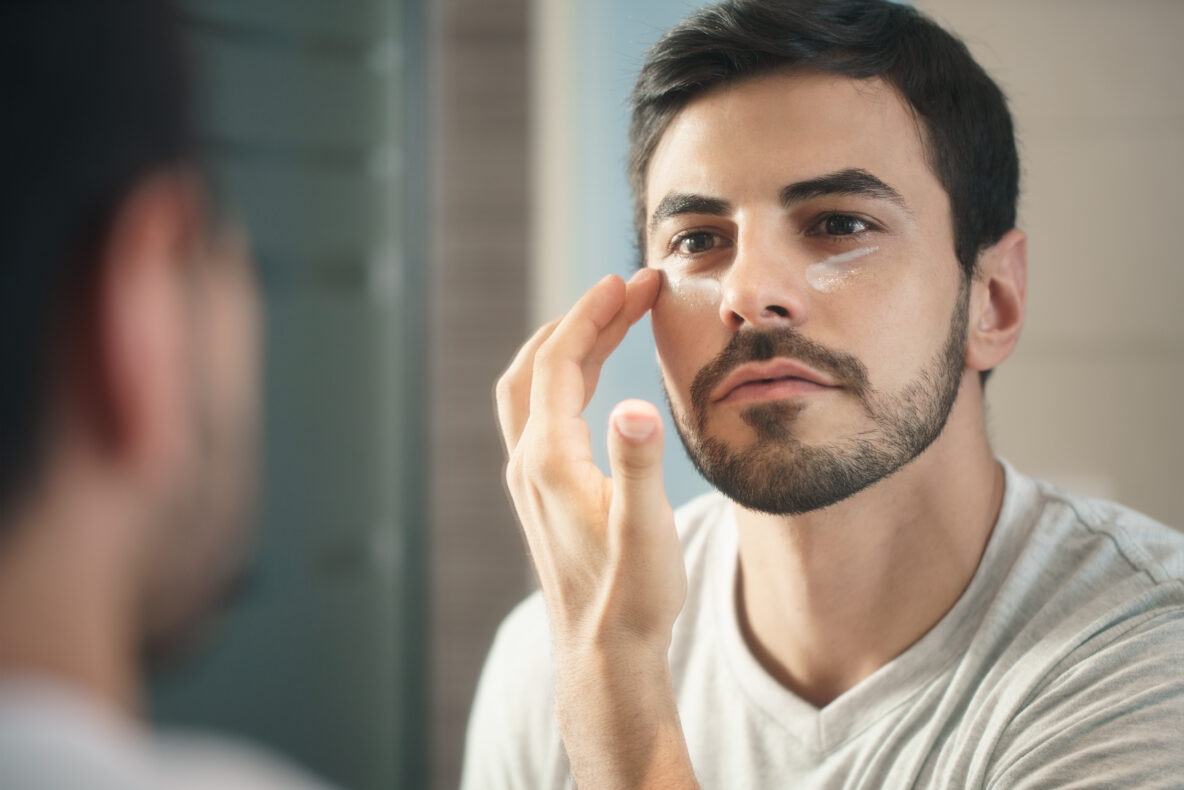Many of us use facial skincare products that can improve the look and feel of our skin, but can be harmful to our eyes. Some contain products and chemicals with may increase irritation, and even cause or exacerbate dry eye disease. Let’s go over which products to choose, and the ingredients to avoid, so we can keep our eyes healthy and comfortable.
First, it’s important to remember that any product that we use on our face and around the eyes, such as a face wash, an anti-aging product or sunscreen, has the potential to cause problems. Patients who don’t wear any makeup may think that since they are not using “cosmetics” they don’t need to worry about ingredients, but they, too, need to avoid certain ones.
The most common eye irritants are:
Alcohol
Argireline (acetyl hexapeptinde-3, Lipotec)
Benzalkonium Chloride (BAK)
Butylene Glycol
Ethylenediaminetetraacetic Acid (EDTA)
Formaldehyde and Formaldehyde donors
Isopropyl Cloprostenate
Parabens
Phenoxyethanol
Retinol
To learn more about harmful ingredients, you can use the following app: https://www.thinkdirtyapp.com/
As for products that have been shown to be safe and effective around our eyes, here are some of our recommendations:
Blinc mascara (https://www.blincinc.com/products/mascara) with tube technology has been beneficial for contact lens wearers, especially those with dry eyes (pronounced like our practice, but not affiliated with Blink ;o)
Eyes Are The Story (https://eyesarethestory.com/) offers mascara, liquid eyeliner, facial cleanser and serum.
Ocusoft (http://www.ocusoft.com/) is a safe and effective eyelid and eyelash cleansing product, with pre-moistened gauze pads.
Eyeco products (https://www.eyeeco.com/) include the E9 moisturizer and facial hydrating spray, which are helpful for those with dry eyes
Bruder Hygenic Eyelid Care kit (https://shop.bruder.com/products/bruder-hygienic-eyelid-care-kit-daily-lid-lash-therapy) offers safe products to remove bacteria and debris and a compress to unclog blocked glands, all of which contribute to dry eyes.
No matter which brand you choose, we recommend replacing your makeup every 1-3 months. If you develop an eye infection, however, please replace your makeup immediately. And, of course, during treatment of the infection, no makeup should be worn at all.
There are thousands of skincare products available on the market claiming various benefits. It’s important for us to check their ingredients carefully to make sure they will help and not hurt our eyes.
By Dr. Telma Barseghian, OD

